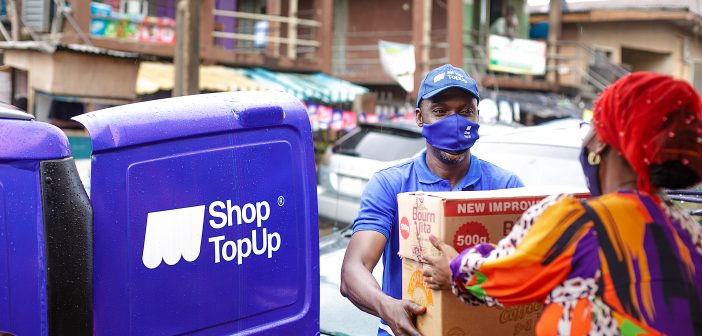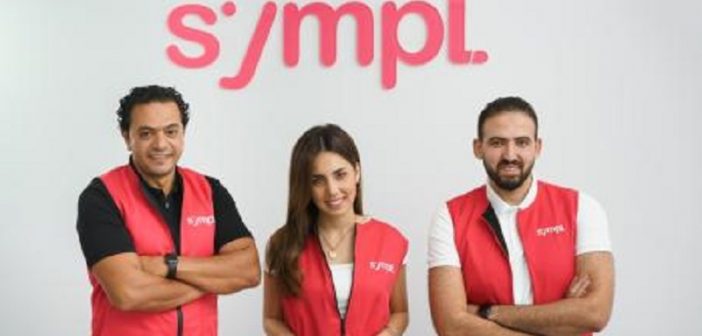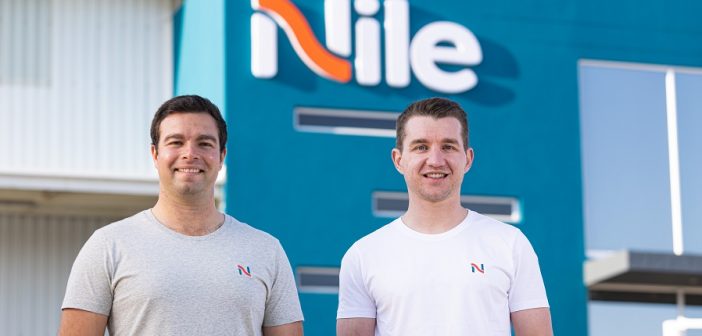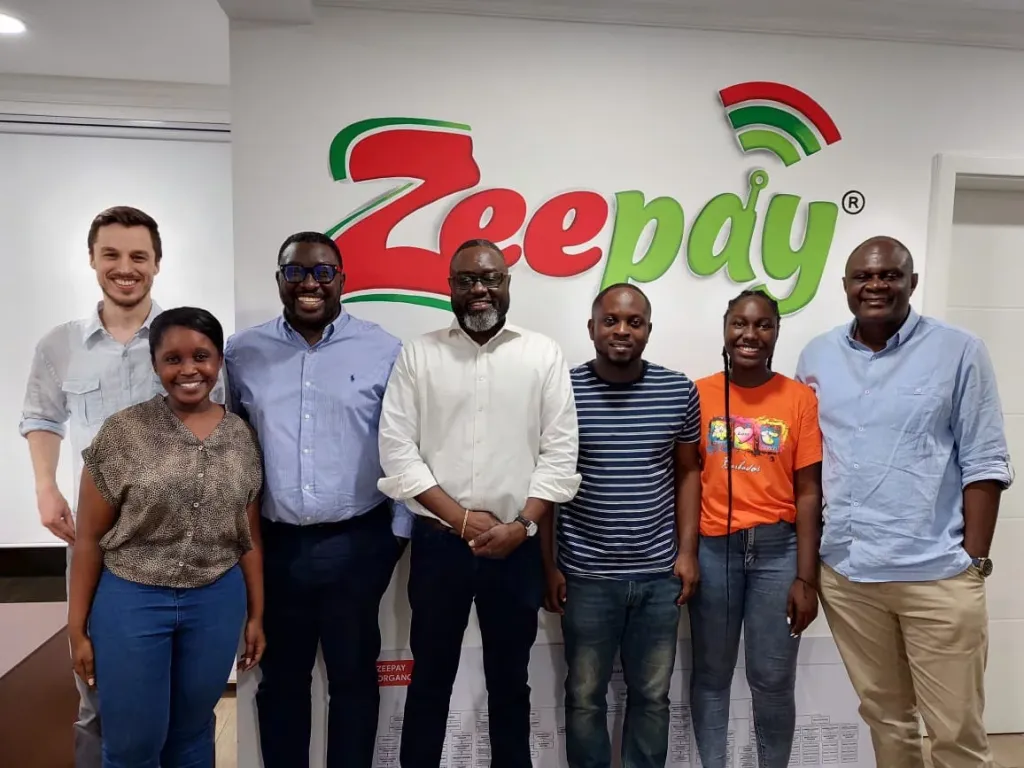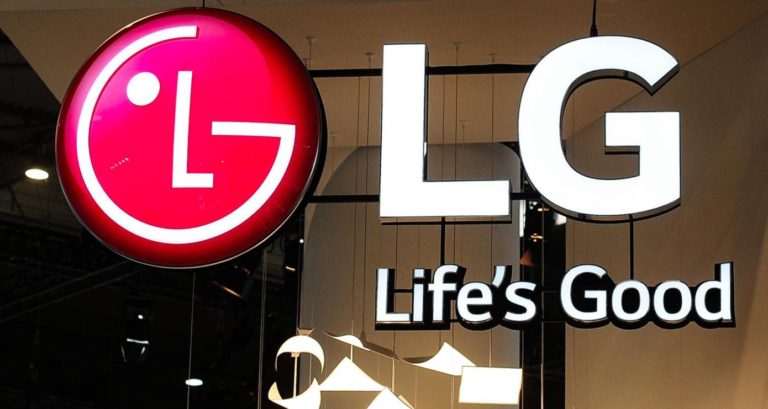South African Envisionit Deep AI Secures $1.65M for Expansion
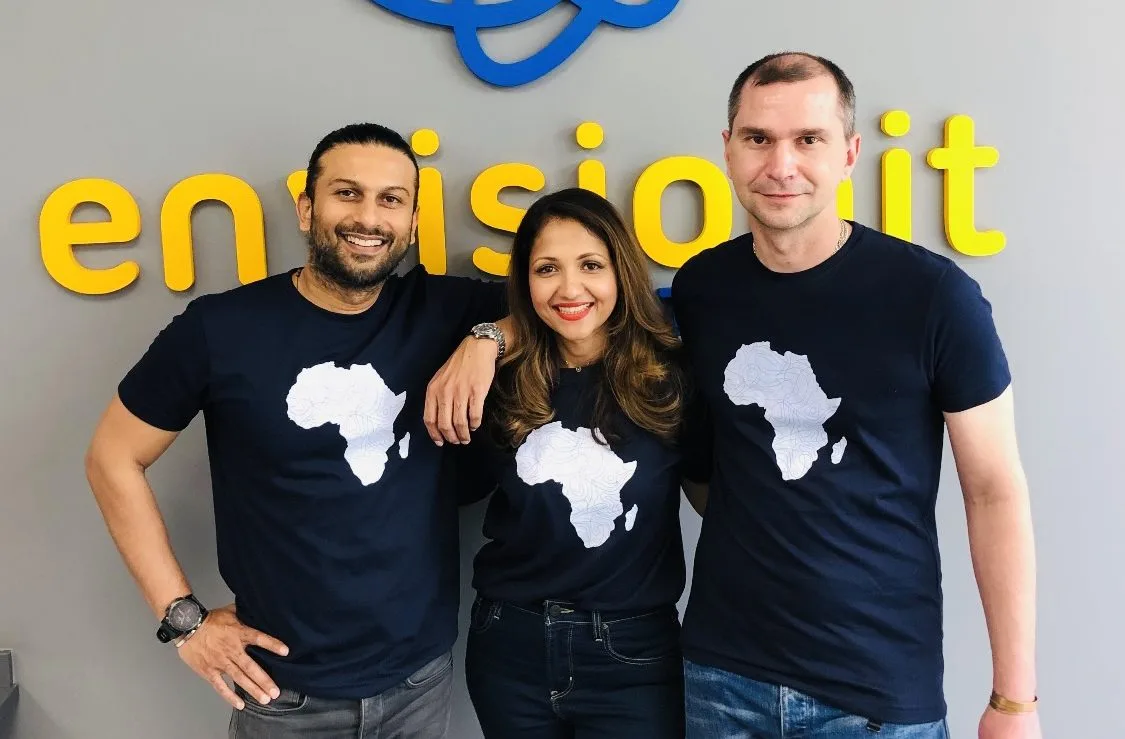
Dr. Jaishree Naidoo was in charge of pediatric radiology at a South African hospital in 2014 when she had an epiphany after reading about the use of AI recognition patterns in distinguishing animals in a news story.
Naidoo was already familiar with pattern recognition as a radiologist with 20 years of experience, and she could immediately see how AI could be used in the industry to transform access to diagnostic imaging. With her husband, Terence Naidu, and Andrei Migatchev, Naidoo launched Envisionit Deep AI, a health tech startup that uses AI to bridge demand for diagnostic imaging, in 2019.
Envisionit Deep AI is now on the rise, thanks to a $1.65 million investment from New GX Ventures SA, a partnership between New GX Capital, RMB Ventures, and GIIG Africa. This came after the startup was named the African Startup Awards‘ Southern Africa regional winner.
“We have this exciting goal of combining revolutionary technology like artificial intelligence with radiology, and we want to transform the way radiologists look, interpret imaging, and make diagnoses,” said Naidoo, who also serves as CEO of the company.
Hybrid approach
The startup has a suite of products that it intends to expand beyond South Africa, including the Radify AI platform, which they claim ensures quick, accurate, high-quality, and affordable medical imaging diagnosis, all of which are critical in disease detection and treatment.
“The South African Health Products Regulatory Association has approved Radify AI. But we want to go global, which is why we’re working hard to get approval from the FDA and the European Medical Agency,” Naidoo explained.
According to Naidoo, the ultimate goal of Envisionit Deep AI is to reduce burdens in the healthcare system, particularly in Africa, where infrastructure and human resource investments remain low.
Data show that the doctor-to-patient ratio in Sub-Saharan Africa is one of the lowest in the world, with specialty doctors faring even worse. Human resources are so scarce in radiology that the radiologist-to-population ratio in Kenya, for example, is 1:389,255, while it is 1:566,000 in Nigeria.
This scarcity of radiologists inspired Naidoo to make Radify AI available to all, particularly in peri-urban and rural areas, and prompted the startup to develop a hybrid solution.
She claims that Radify AI can be used anywhere, “whether in a first-world setting or a rural clinic with limited broadband capacity or infrastructure… because the whole point of our product is to democratize access to diagnostic imaging, and we won’t be democratizing if we don’t have solutions that can reach rural areas.”
The on-site product of the startup can be integrated with devices such as X-ray machines to provide diagnosis and treatment at the point of care. They also provide tele-radiology services for patients who require radiology reports.
“Typically a radiographer takes X-rays, then patients go back home and collect the results later, sometimes after several months. Diseases may progress further if diagnosis is delayed. We are eliminating that lag because when you know what to treat, you treat it quickly,” Naidoo explained, adding that the company plans to introduce its solutions to South Africa’s mining sector, where employees are at a higher risk of contracting tuberculosis.
The company began by developing models for interpreting chest X-rays that could detect 25 different pathologies, including tuberculosis, breast cancer, and pneumonia, Africa’s leading killer of children under the age of five.
According to Naidoo, this platform was especially useful during the COVID pandemic, when Envisionit Deep AI unveiled a product that could detect COVID pneumonia from chest X-rays in less than 25 milliseconds. This was used to increase efficiency at a 700-bed hospital in South Africa’s Northern Cape province, which had only one radiologist. According to Naidoo, it was also used to triage patients in several ICUs, particularly during the pandemic’s second peak.
According to the startup, while the volume of data it processes is important, it ensures that its models are trained using quality de-identified data drawn from diverse ethnic groups around the world.
The data can also be reviewed by radiologists using a validation tool, which gives them some reassurance that the product is working properly and allows the startup to improve the accuracy of its models.
Envisionit Deep AI recently launched a computer-assisted training model (an edtech tool) for medical practitioners interested in learning radiology.


